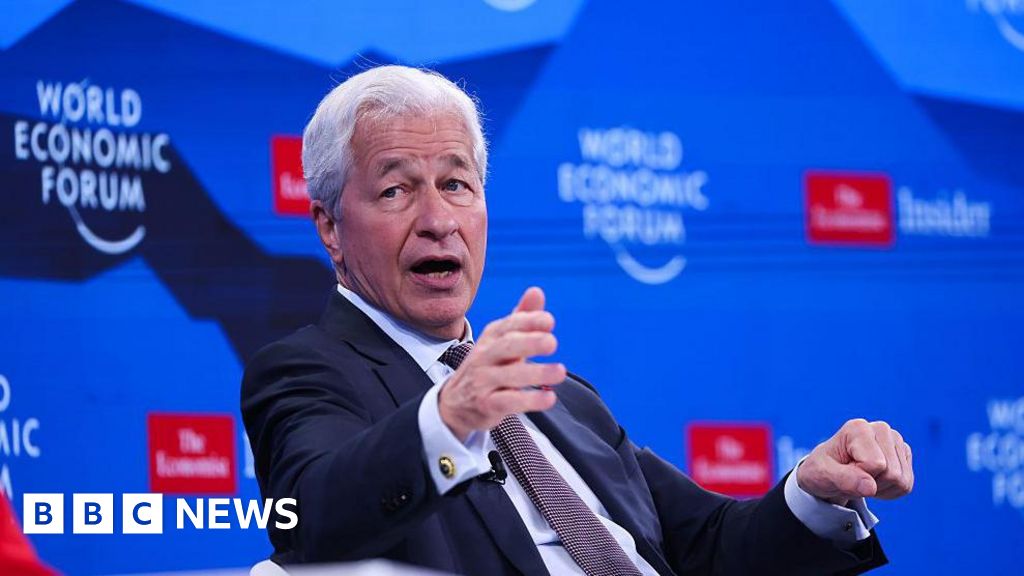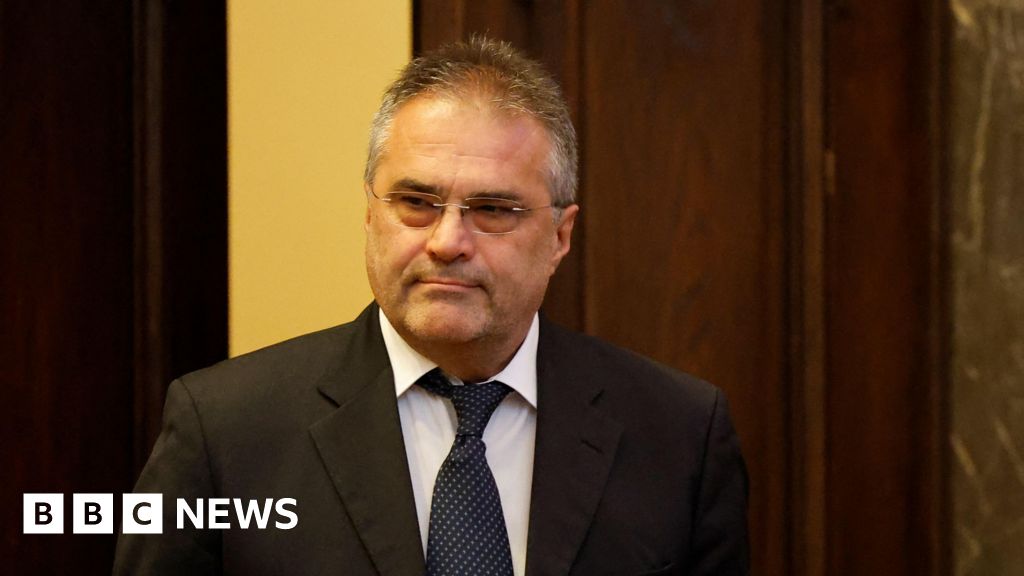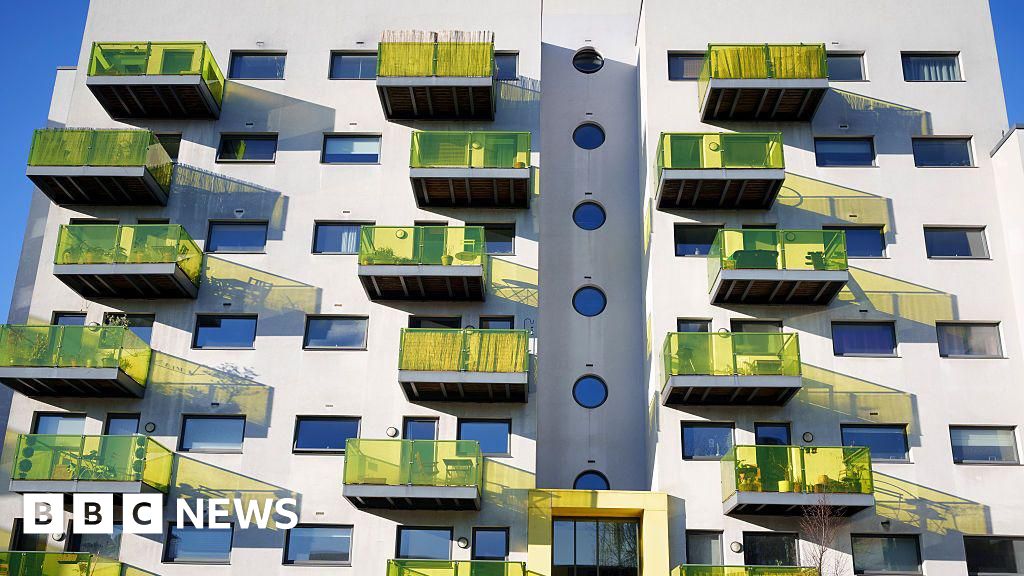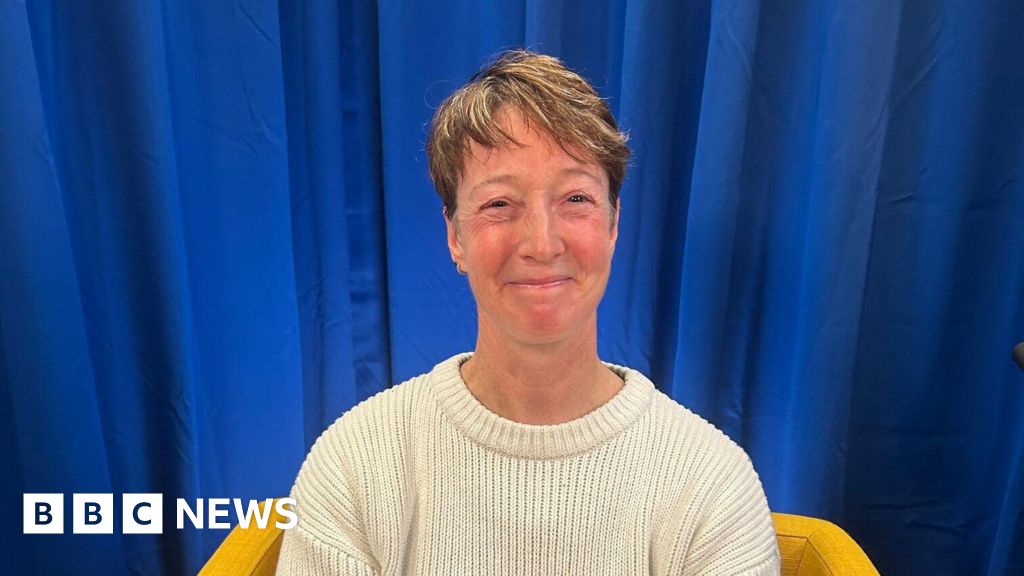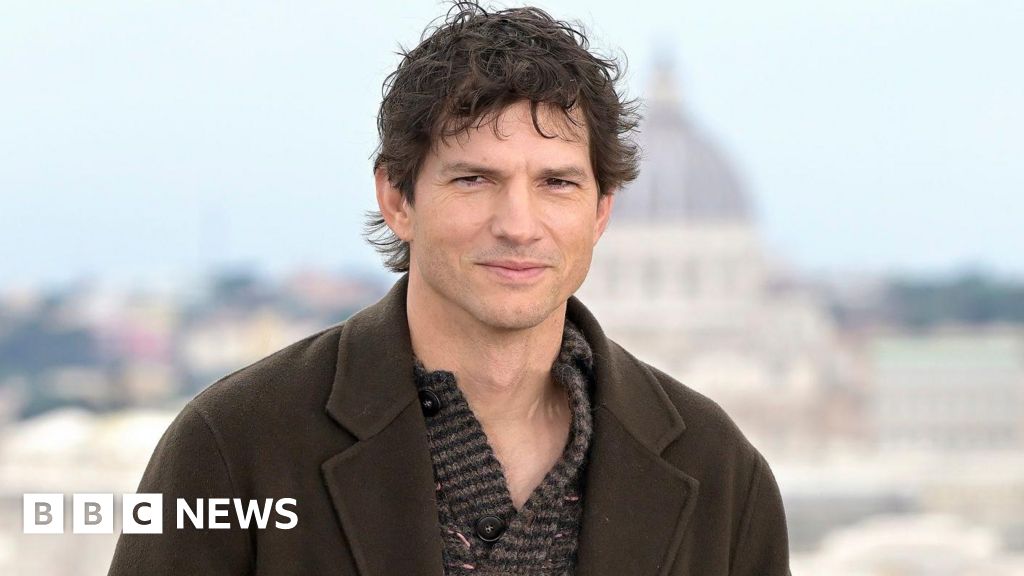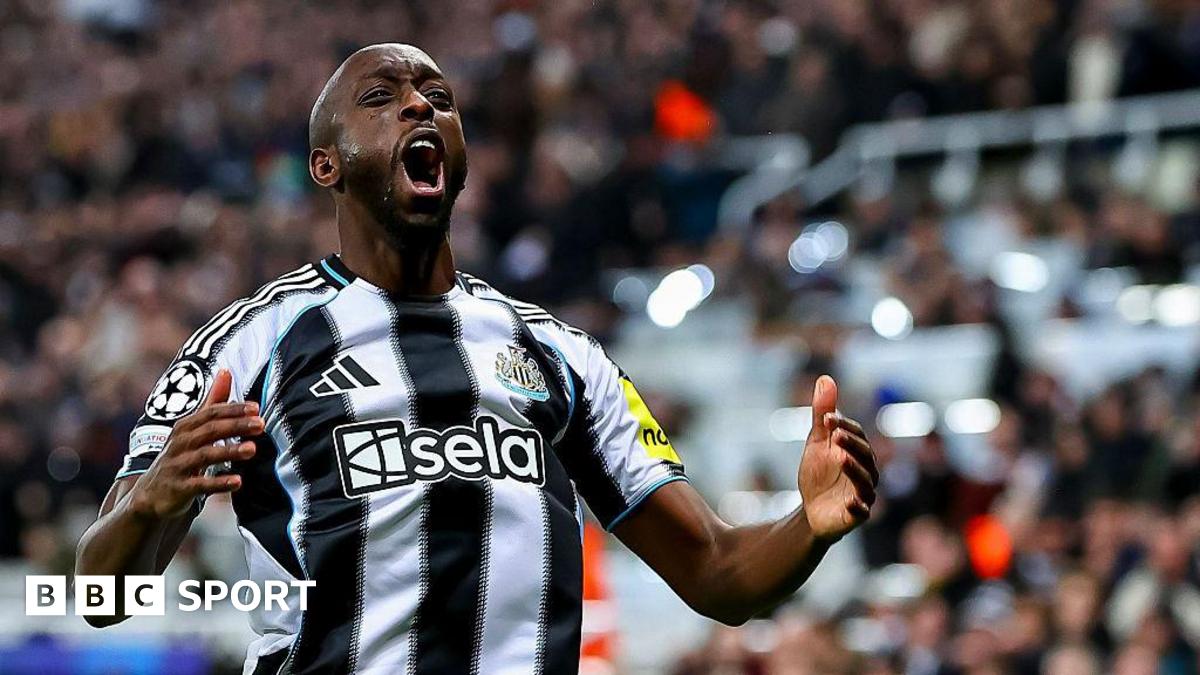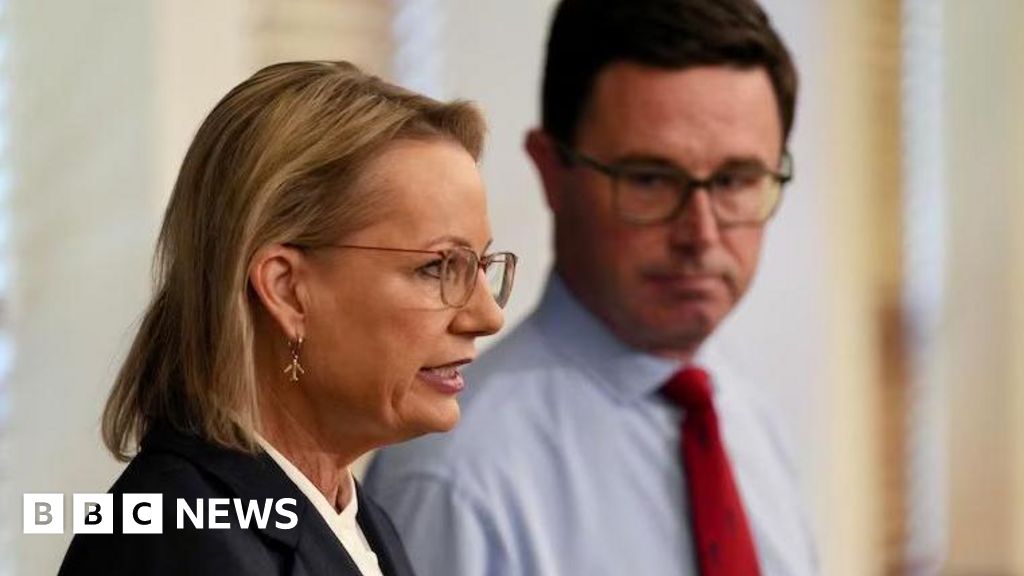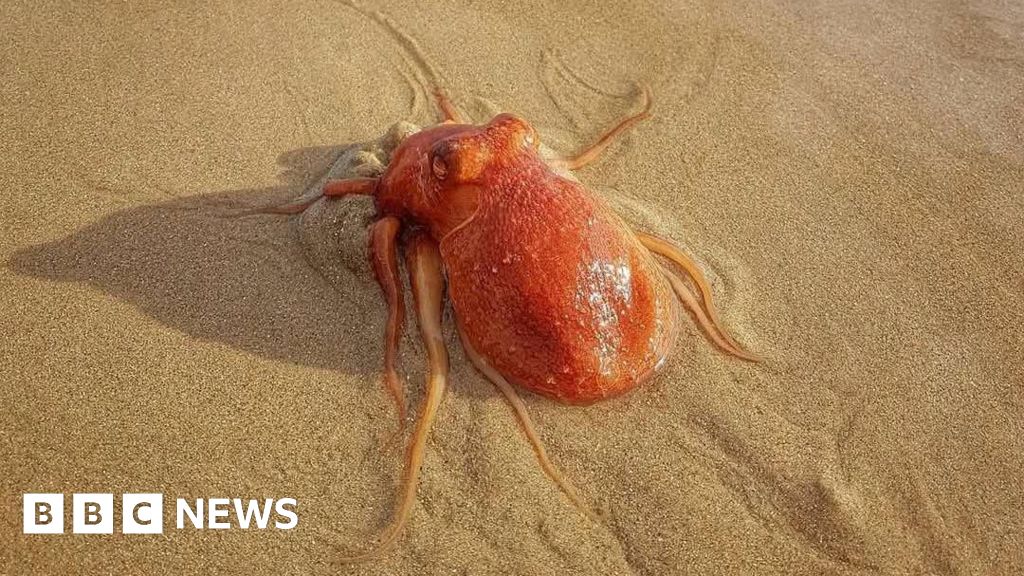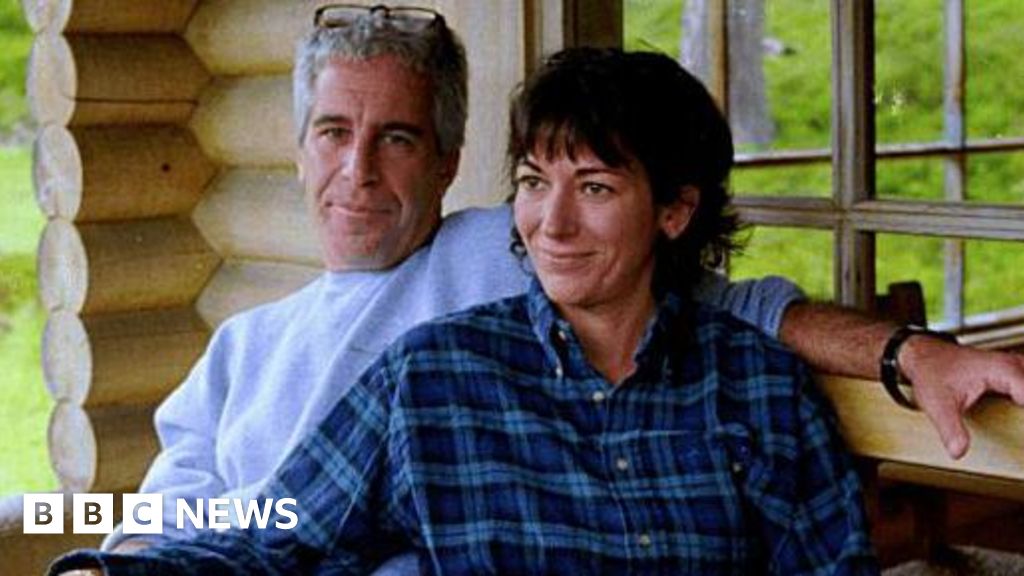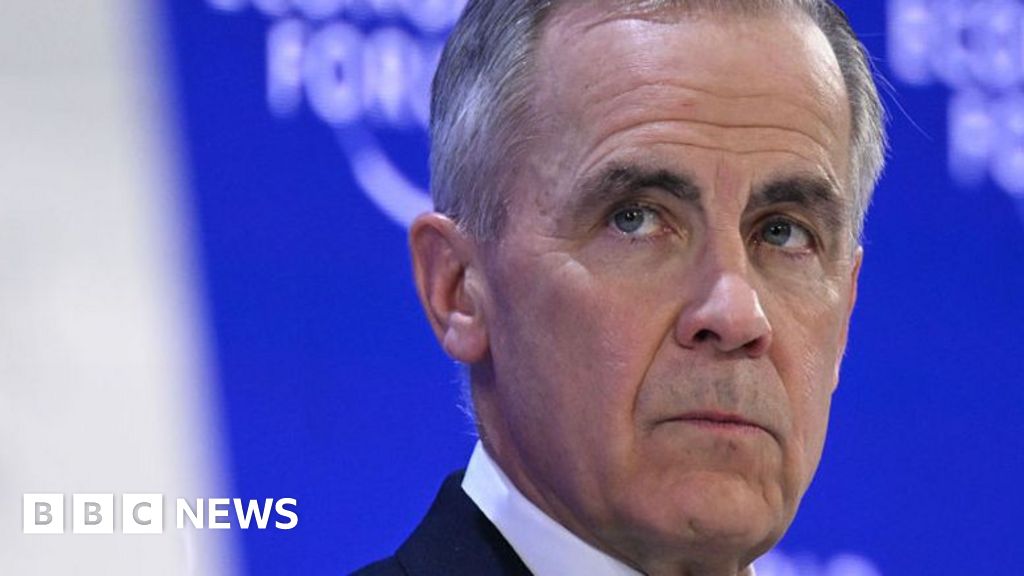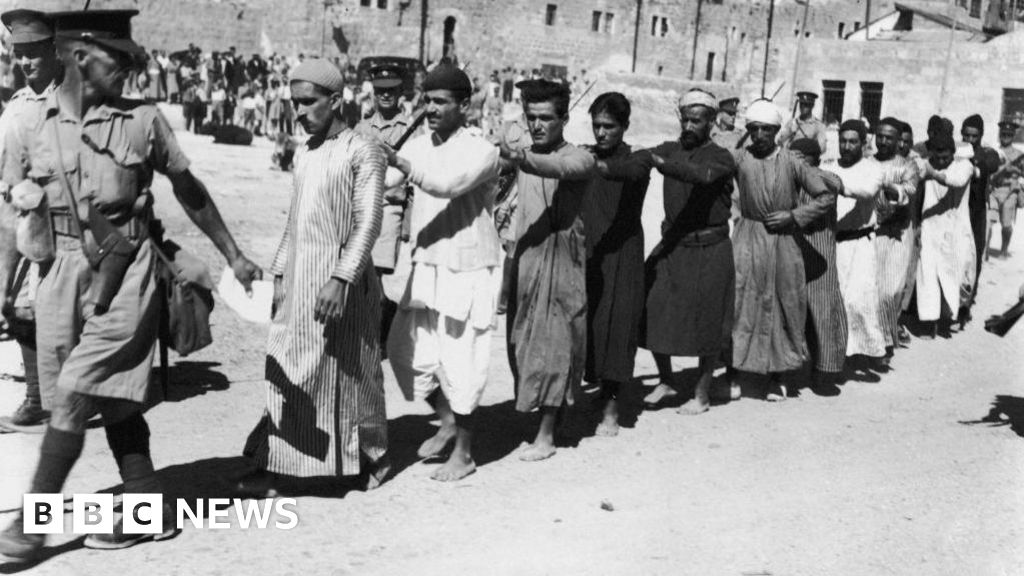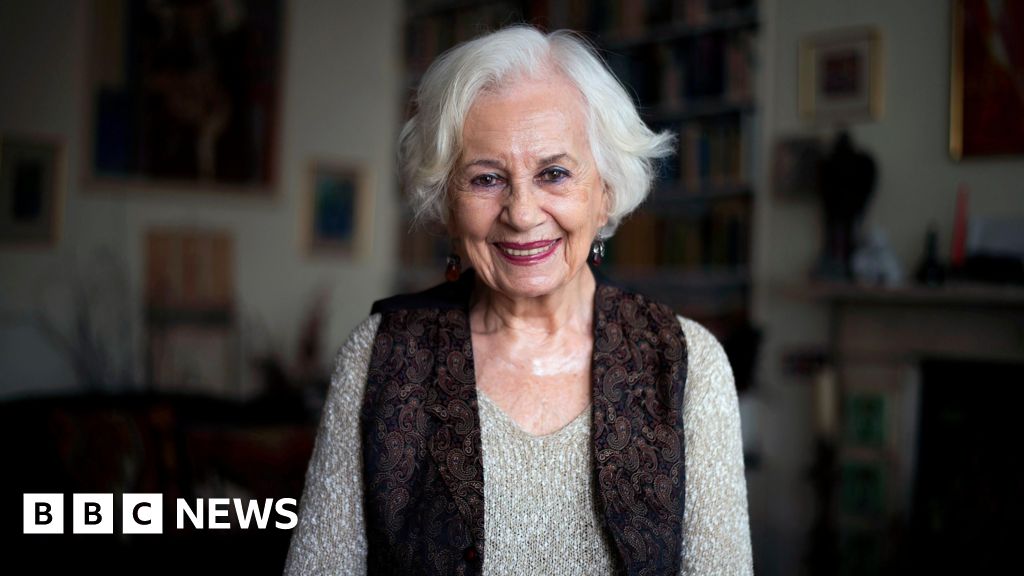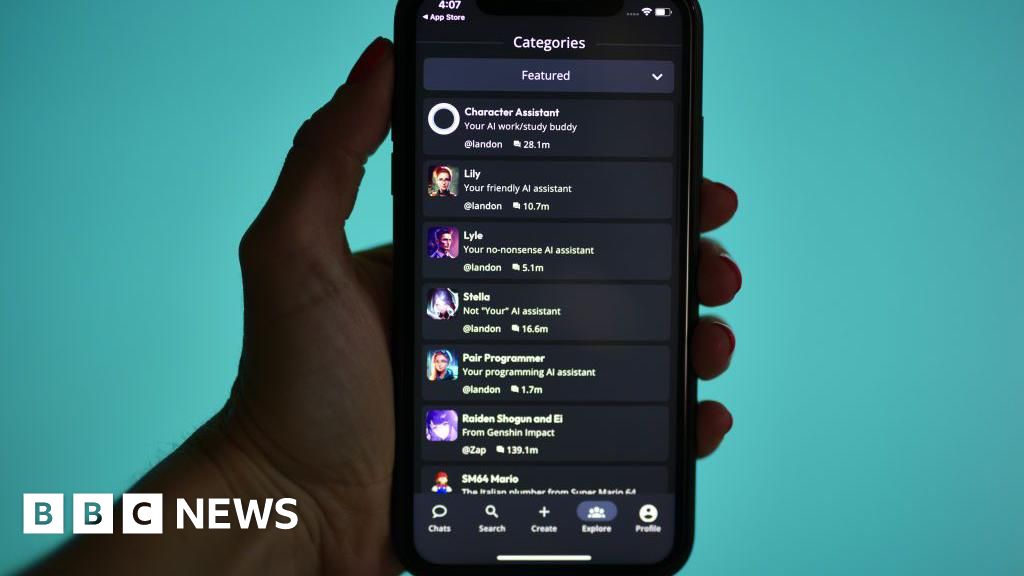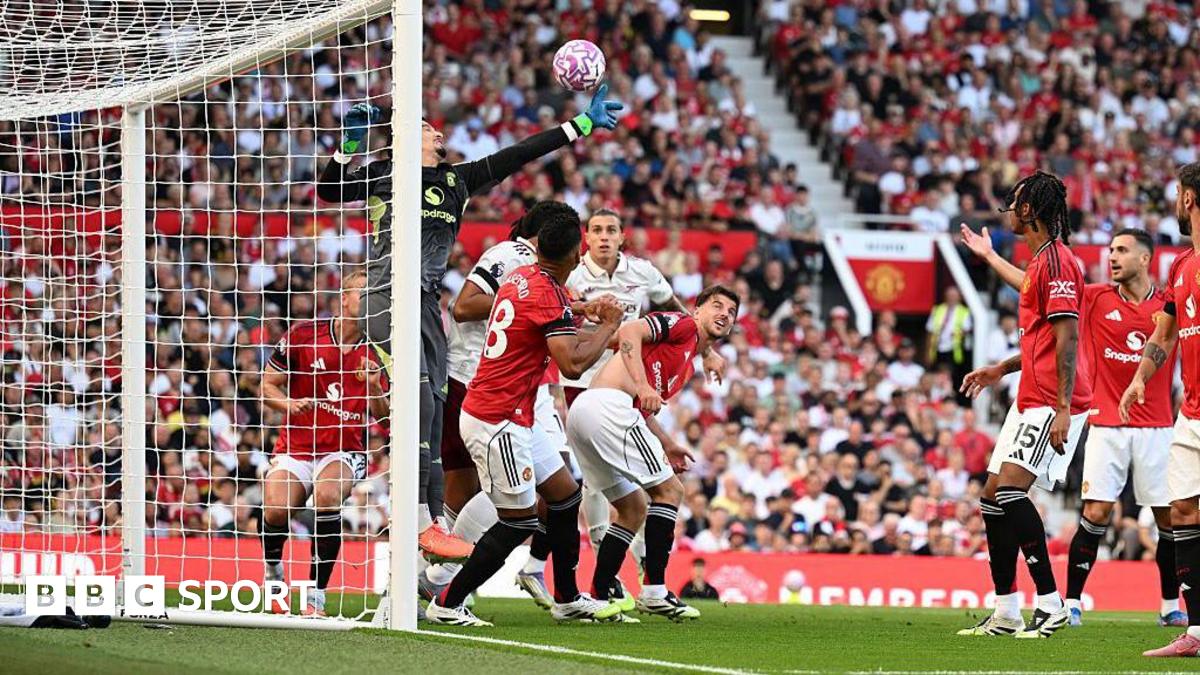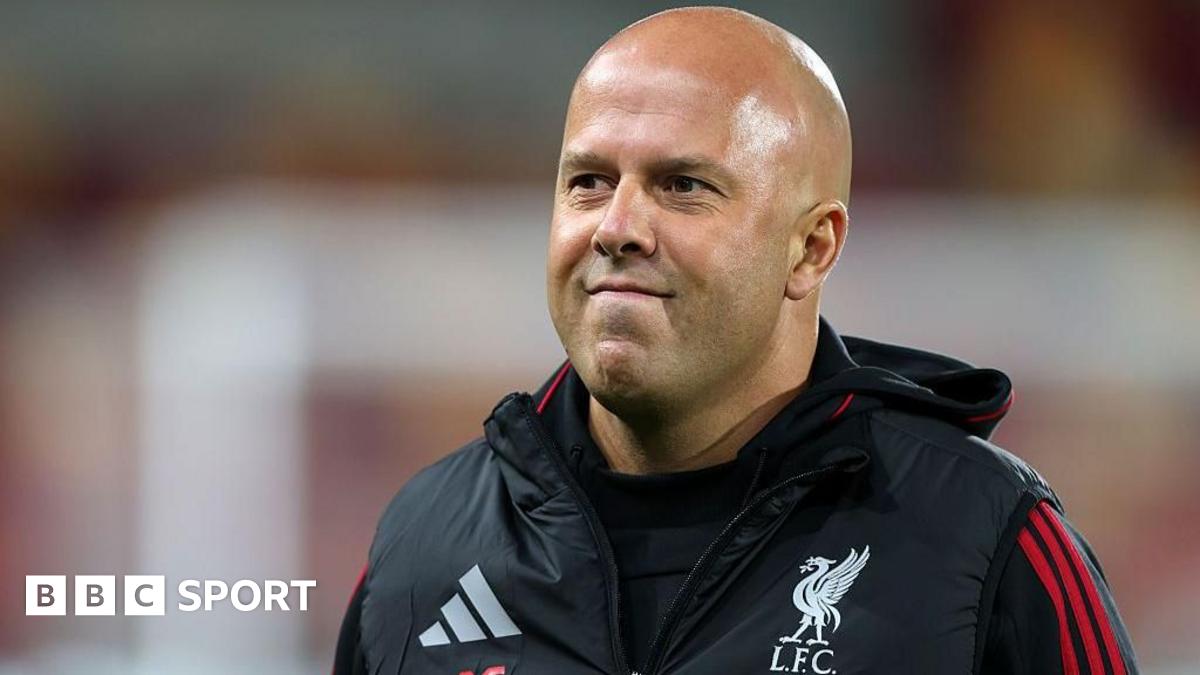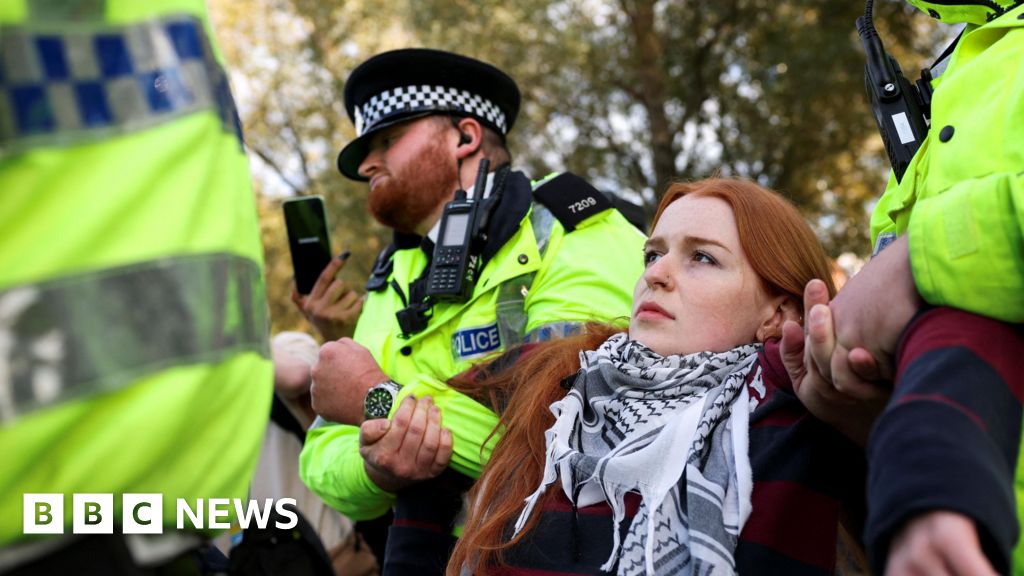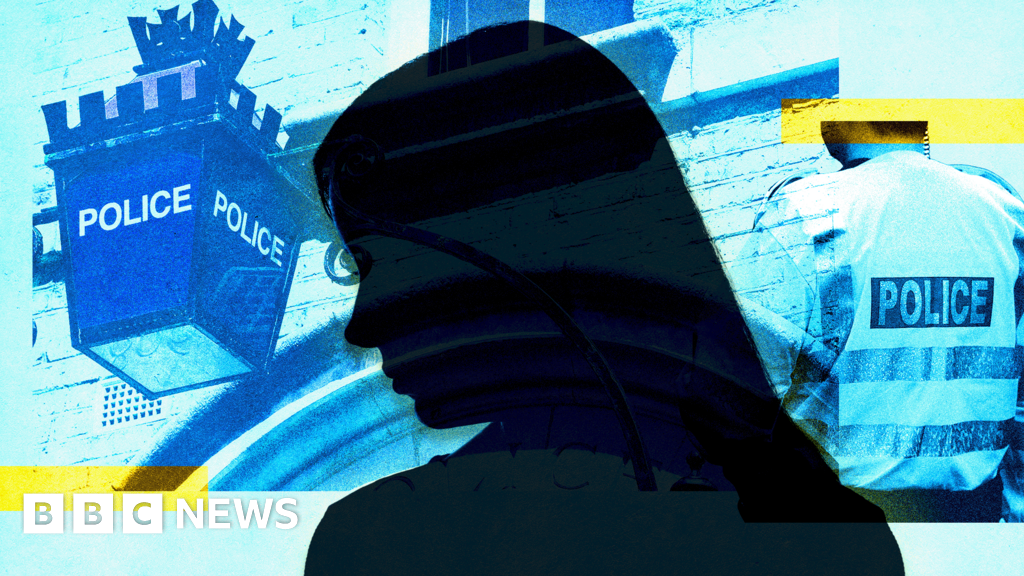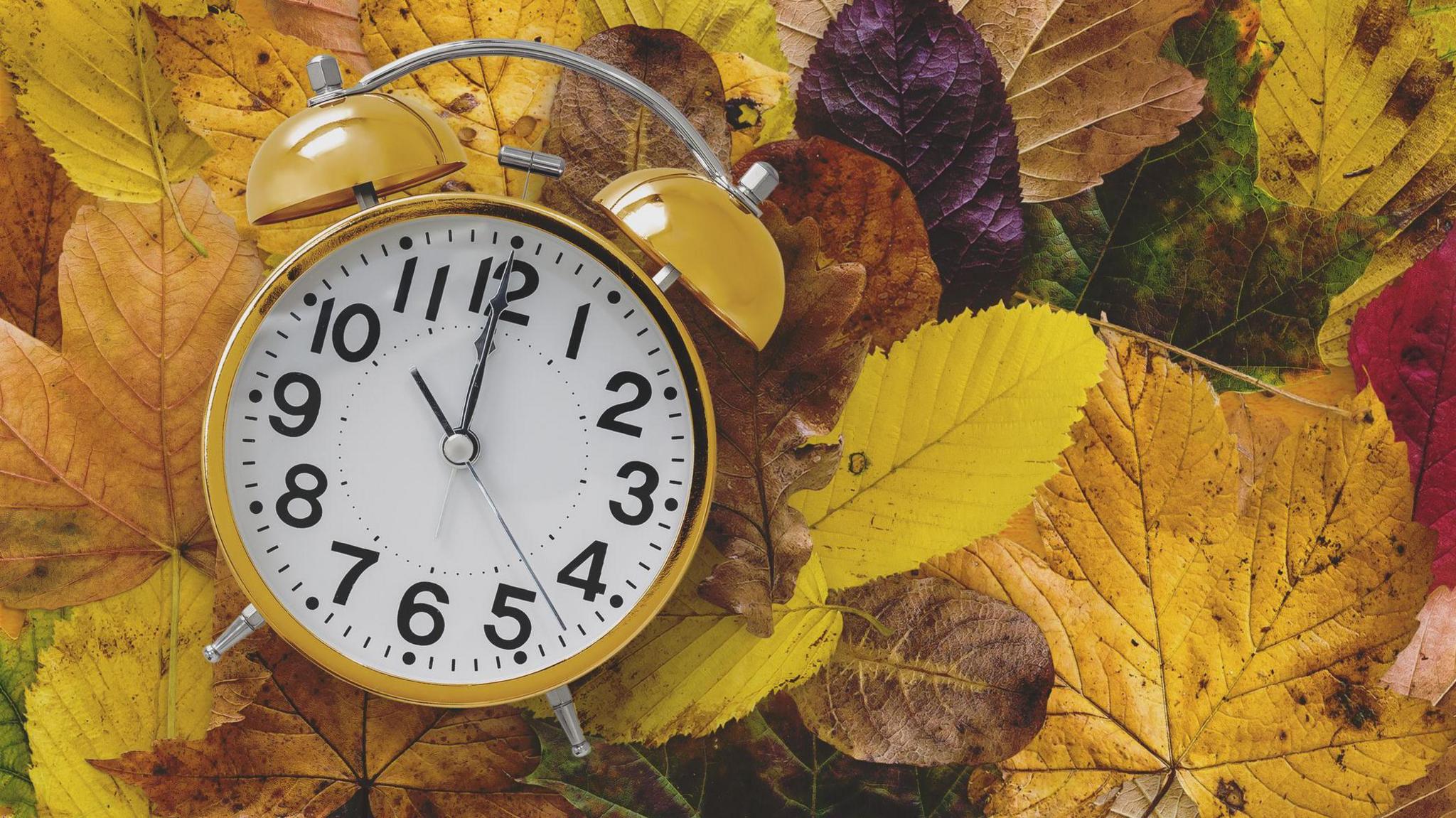 Image source, Getty Images
Image source, Getty Images
ByBen Rich
Lead Weather Presenter
The clocks will go back by one hour in the UK on the last Sunday of October.
It marks the end of British Summer Time (BST) and a return to Greenwich Mean Time (GMT), a shift that has been taking place for well over a century.
Most of us will get an extra hour in bed - or at the pub - but it is not such good news for night shift workers who will have to spend an extra hour at work.
The clocks go forward again in March 2026.
You may already have noticed that the nights are drawing in - in fact we are currently losing four or five minutes of daylight every day.
However the clock change will bring sunset forward by an hour in one fell swoop which may come as a shock to the system.
What time do the clocks go back?
The clock change happens at 02:00 BST on Sunday 26 October in the UK.
The clocks will go forward again at 01:00 GMT on 29 March 2026, when we return to British Summer Time.
The easy way to remember which way the clocks change is the phrase "spring forward, fall back".
In other words, we turn the time forward an hour in spring and back an hour in fall - or autumn.
What is Daylight Saving Time?
The first country to make use of Daylight Saving Time (DST) was Germany, in 1916 during World War One.
It was intended to maximise evening daylight meaning less heating and lighting was needed, reducing fuel consumption during wartime.
Many other countries followed suit just a few weeks later, including the UK where it was named British Summer Time.
The time shift has mostly continued ever since, although during a short period in World War Two there was British Double Summer Time, where the clocks went forward by two hours.
An experiment between 1968 and 1971 trialled year-round BST and there continue to be some debates about whether the UK should wind its clocks forward permanently.
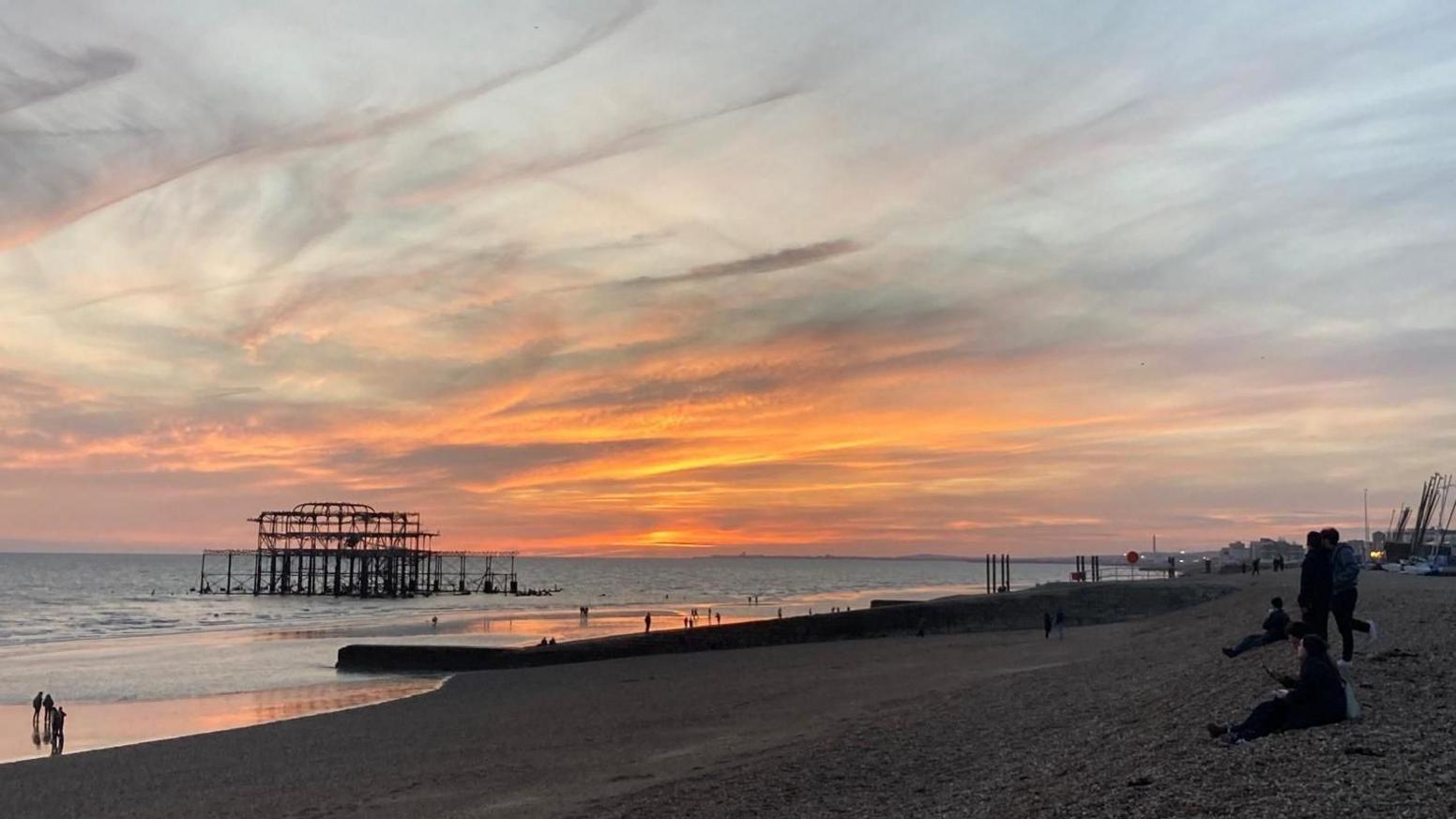 Image source, BBC Weather Watchers / Rainbow Watcher
Image source, BBC Weather Watchers / Rainbow Watcher
A permanent switch to BST would mean lighter evenings but darker mornings - especially in winter
Arguments for keeping the time zone in summer mode include a potential boost in economic productivity as well as a possible reduction in evening road accidents.
It would also eliminate the minor disruption caused to sleep patterns by the annual gaining - and losing - of an hour.
However, it would also mean some very gloomy winter mornings, especially in Scotland.
In Edinburgh and Glasgow the sun does not rise until around 08:45 GMT in the second half of December, which would equate to 09:45 BST.
It would leave Scottish commuters and schoolchildren making their winter morning journeys in darkness - bringing increased risks on the roads.
Will my clock change automatically?
Most smartphones, digital devices and even modern cars will adjust the time automatically when GMT begins.
However analogue clocks will need switching manually, especially important if you are relying on an old-fashioned alarm clock to wake you up.
And if you are anything like me the clock on the oven will present a particular challenge.
What countries have Daylight Saving Time?
We are certainly not alone in switching time zones twice a year.
Most of North America and Europe observes Daylight Saving Time, although only small parts of Asia, Oceania, South America and Africa take part.
However different countries change their clocks on different dates.
For example in the USA the switch takes place on 2 November this year, while in Egypt it happens on 30 October.
One benefit of an earlier sunset is that it might be easier to get out and capture it on camera.
If you do, feel free to sign up and send your photos to BBC Weather Watchers.

Click here to play 'Cooler than me?'

 3 months ago
93
3 months ago
93



